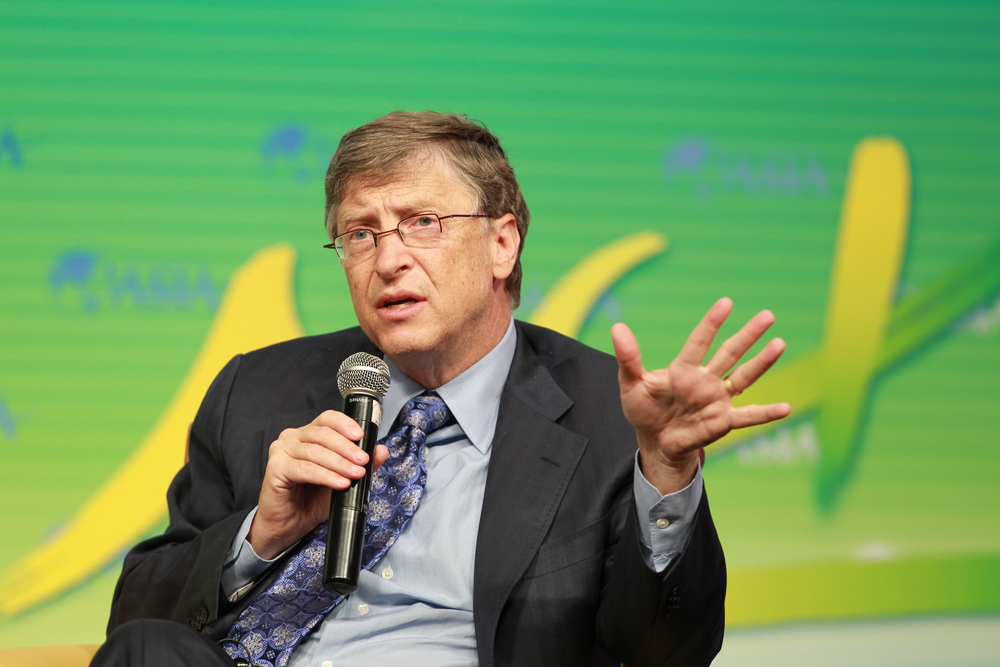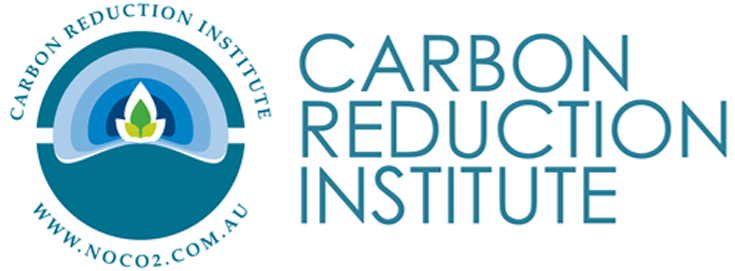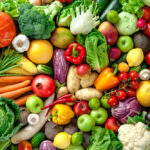
Rumin8, an Australian start-up, is developing a dietary supplement to reduce methane emissions caused by cow burps. Methane is a potent greenhouse gas and a significant contributor to global warming. The supplement, created by replicating red seaweed, can play a role in achieving more sustainable global food production. The technology has the potential to lead to other advancements in reducing the impact of the livestock industry on the environment and can lead to economic and social benefits for society as a whole.
The main source of anthropogenic methane emissions in the United States is generated by enteric fermentation of livestock (25%; NASEM, 2018). US EPA (2019) estimated the total methane emissions from enteric fermentation in the United States to be 6.46 Tg in 2017, which is equivalent to 27% of the nation’s anthropogenic methane emissions.
Australian Start-Up to Reduce Methane Emissions
Bill Gates, the co-founder of Microsoft and a billionaire, has invested in an Australian start-up called Rumin8, which specialises in climate technology with the goal of decreasing methane emissions caused by cow burps. Gates has been vocal about the environmental effects of meat production and understands the importance of addressing the issue of methane emissions, as it is the second most prevalent greenhouse gas after carbon dioxide (CO2). Rumin8, a Perth-based start-up, is developing a dietary supplement, created by replicating red seaweed, that prevents the production of methane. In a funding round led by Breakthrough Energy Ventures, a company founded by Bill Gates in 2015, Rumin8 raised AUD$16.9 million.
Breakthrough Energy Ventures Leads Funding Round
Breakthrough Energy Ventures, the investment firm that led the funding round, is supported by Amazon CEO Jeff Bezos, and Chinese businessman and co-founder of Alibaba, Jack Ma. Rumin8’s technology was well received by climate impact funds around the world, with a genuine desire to fund solutions to enteric methane emissions from livestock (enteric meaning expelled through belching). In October of last year, New Zealand suggested implementing a tax on the greenhouse gases released by farm animals through burping and urination as a means of addressing climate change, under this initiative farmers will be required to pay for agricultural emissions by 2025.
Methane: A Growing Concern
Approximately half of the country’s greenhouse gas emissions are generated by agriculture, primarily methane. In 2019, methane levels in the atmosphere reached an all-time high, about two and a half times higher than pre-industrial times. Scientists are concerned about methane’s ability to contribute significantly to global warming. Methane molecules have a stronger warming effect on the atmosphere than individual CO2 molecules. Over a 100-year period, methane is 28 to 34 times more warming than CO2.
What is the meaning of enteric fermentation?
Enteric fermentation refers to the process that occurs in the stomachs of ruminants like cows, goats, and deer, in which microbes break down fibrous materials such as grass and other plant materials. As a by-product of this process, methane is produced and expelled through belching.
How do you reduce enteric methane emissions?
Enteric fermentation can be reduced by providing cows with a diet that is less fibrous, or by supplementing their diet with certain types of seaweed that have been shown to reduce the production of methane during fermentation.
How can we reduce methane from enteric fermentation?
Methane production from enteric fermentation can be reduced by providing cows with a diet that is less fibrous, or by supplementing their diet with certain types of seaweed that have been shown to reduce the production of methane during fermentation.
Why does seaweed reduce methane?
Seaweed contains compounds that can interact with the microbes in the stomachs of cows, reducing their ability to produce methane.
How can we reduce methane production in ruminants?
Methane production in ruminants can be reduced by providing them with a diet that is less fibrous, or by supplementing their diet with certain types of seaweed that have been shown to reduce the production of methane during fermentation.
How much does seaweed reduce methane in cows?
Research has shown that supplementing cows’ diet with seaweed can reduce methane emissions by up to 99%.
Carbon Reduction Institute’s NoCO2 Certification
The Carbon Reduction Institute (CRI) is an organisation that specialises in carbon accounting and climate change certification program in Australia, providing comprehensive and ISO-approved solution to help companies with carbon accounting. CRI follows international best practice standards and uses proprietary processes and systems to ensure accurate analysis and assessments. The NoCO2 Certification is Australia’s most recognised environmental accreditation for businesses. The NoCO2 Carbon Neutral Program is the longest running and market leading climate change certification program in Australia.
Working towards a sustainable future
For more information on the above, and how we can assist you to become part of the solution on climate change, contact us.
References:
Tackling Climate Change through Livestock (FAO)


